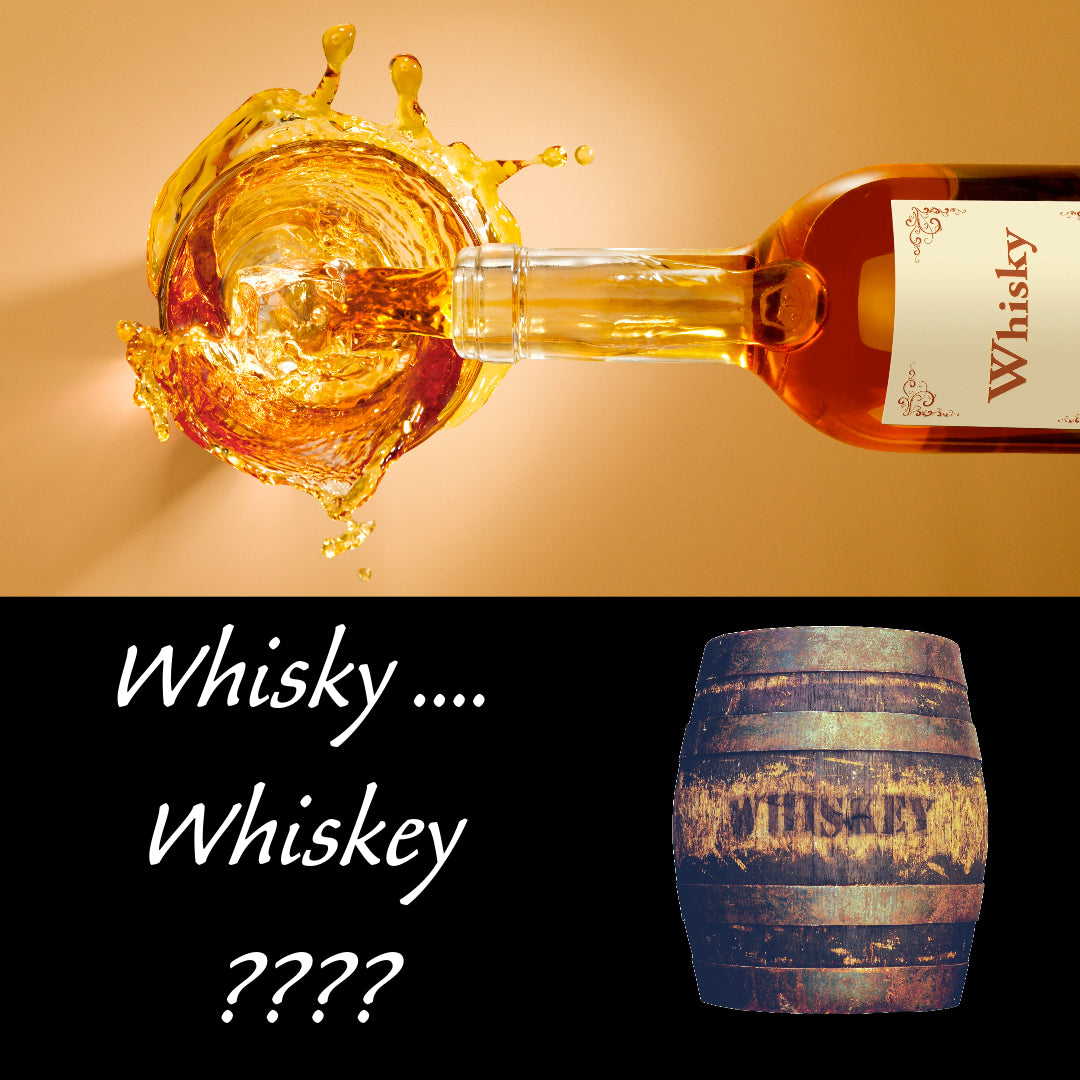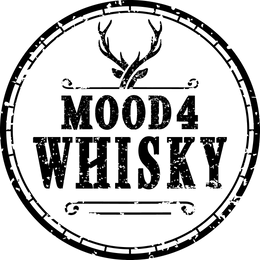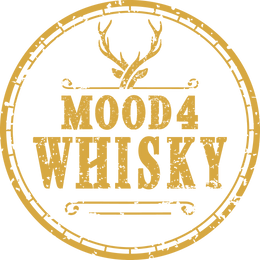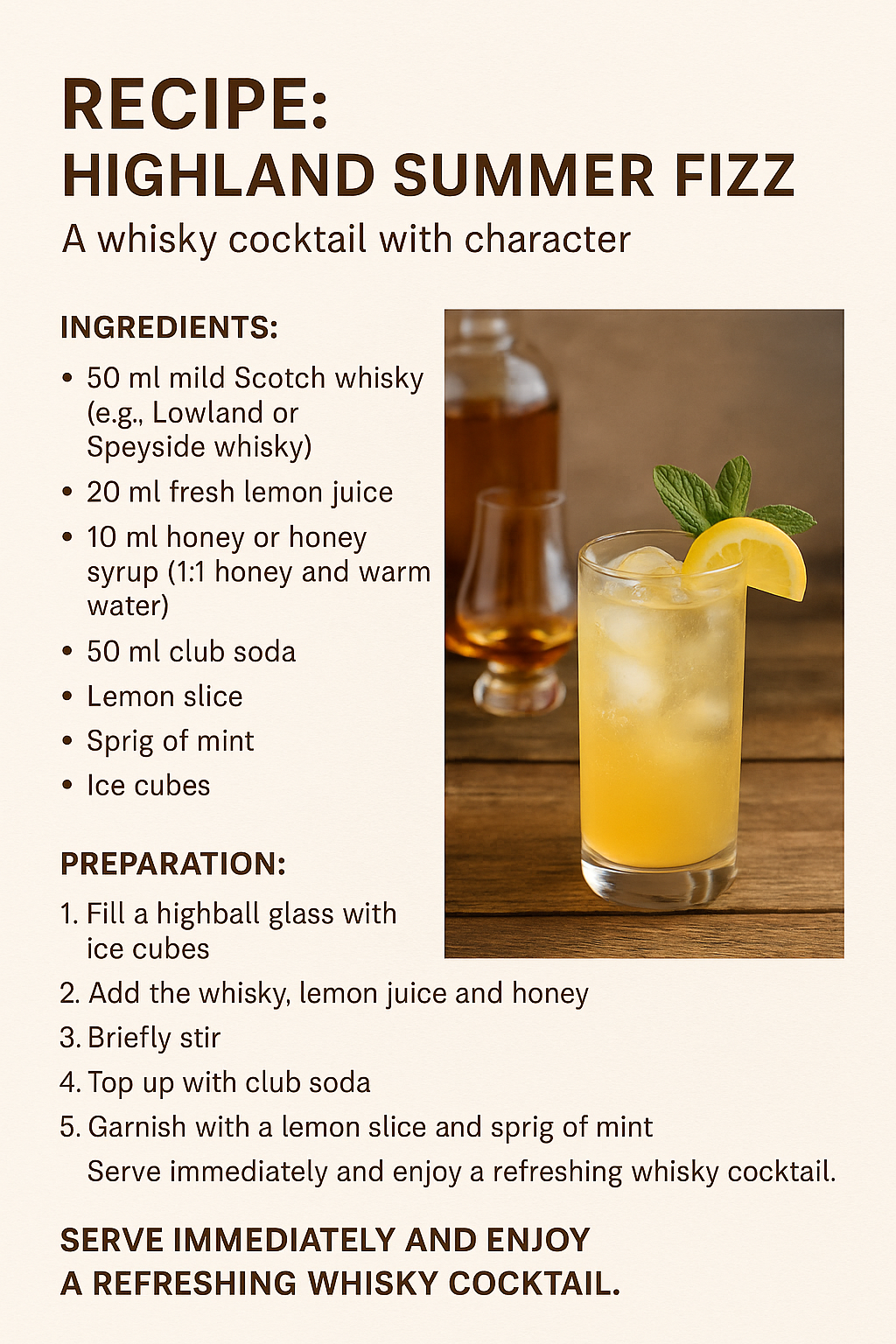The difference in spelling "Whisky" or "Whiskey"

The difference in spelling, "whisky" or "whiskey," primarily stems from the geographical origin of the spirit and the traditions associated with each region. While both terms refer to the same alcoholic beverage, there are distinct variations in the way they are written and the areas they represent.
-
Whisky (without the 'e'): This spelling is commonly associated with Scotch whisky, which originates from Scotland. The term "whisky" is used in countries like Scotland, Canada, Japan, and other regions that follow the Scottish tradition. The absence of the 'e' in the spelling is a nod to the historical roots of whisky production in Scotland, where the term was originally coined. Scotch whisky is renowned for its distinct flavors, often characterized by peat smoke and a wide range of complex flavors derived from the local ingredients and production methods.
-
Whiskey (with the 'e'): This spelling is commonly used for Irish whiskey and American whiskey, which includes various types like bourbon, rye, and Tennessee whiskey. The inclusion of the 'e' distinguishes these spirits from Scottish whisky and indicates their respective origins. Irish whiskey, known for its smoothness and triple distillation, and American whiskey, with its unique production regulations and aging processes, both embrace the 'e' in their spelling.
In essence, the choice between "whisky" and "whiskey" reflects the spirit's origin and the distinct traditions associated with its production. The variation in spelling might seem subtle, but it carries a significant historical and regional significance that reflects the diverse and rich world of whiskey production. Whether you prefer the robust flavors of Scottish whisky or the smoother notes of Irish and American whiskey, each spelling carries with it a sense of tradition and craftsmanship that has evolved over centuries.






